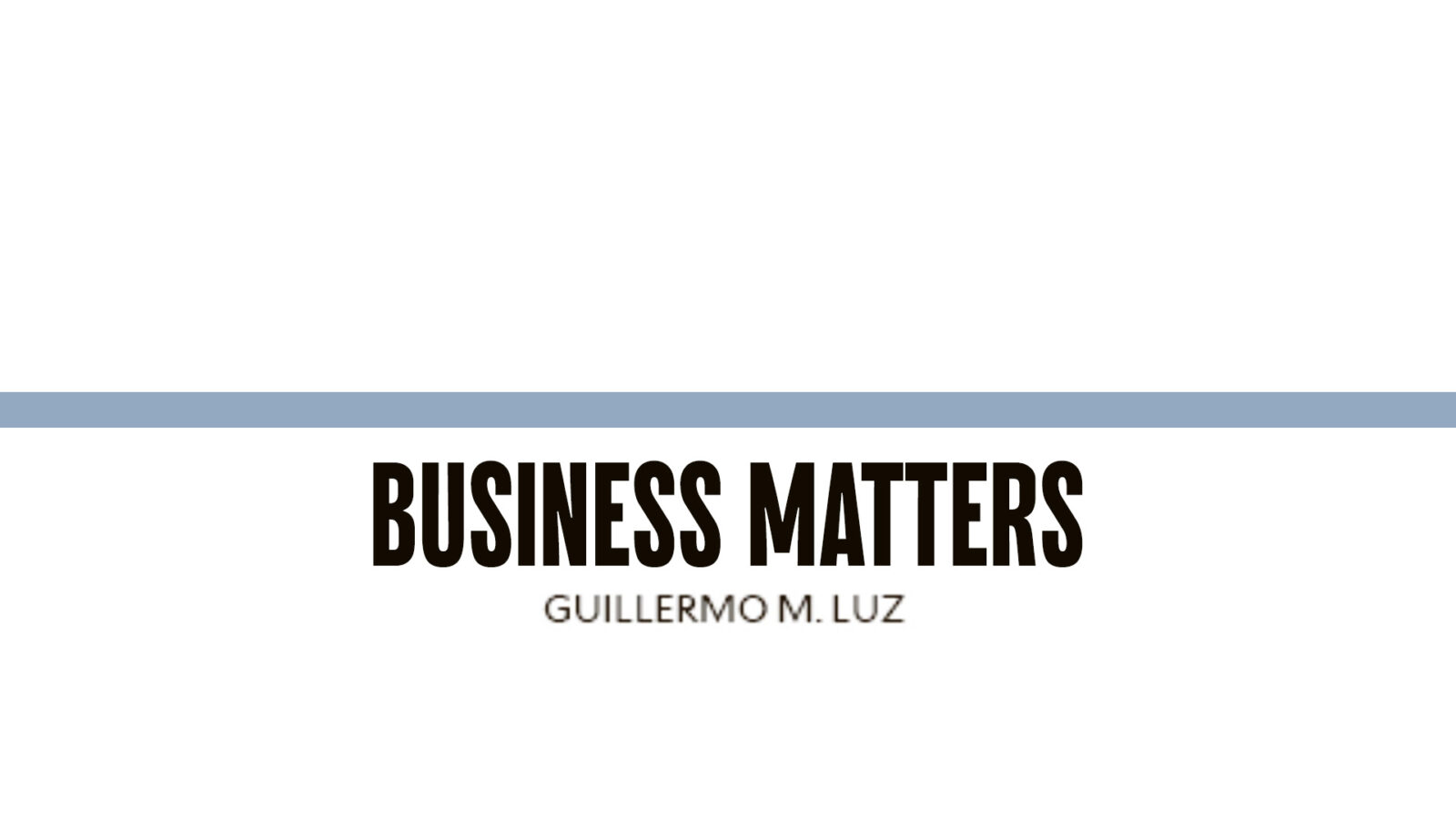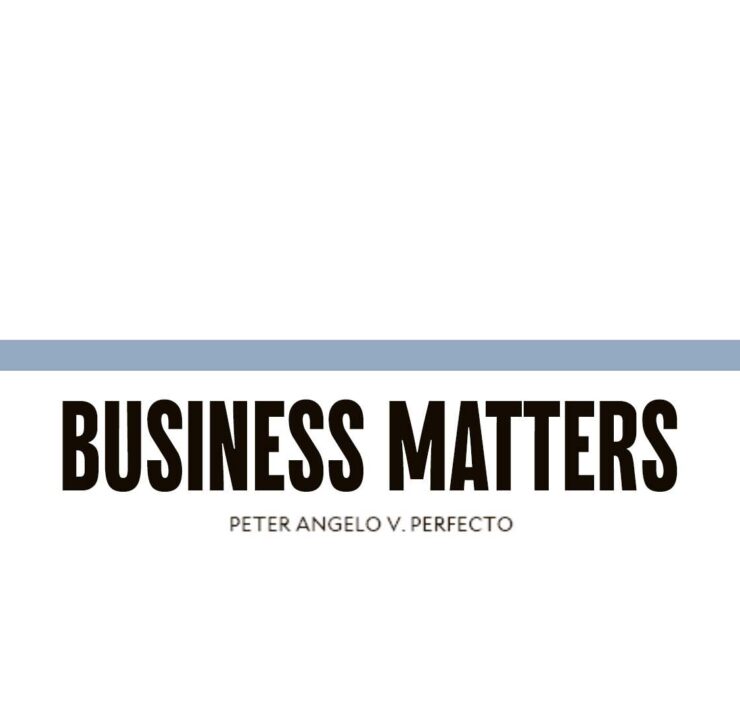Constitutional crisis

The manner in which the Senate is handling the impeachment trial will lead to a constitutional crisis and reputational risk for the country. There are at least three clear and fundamentally wrong aspects with which the Senate is managing the impeachment case. First, is its timeliness. According to most legal luminaries, including those who authored that article of the Constitution, the impeachment trial should start as soon as the case is filed in the Senate (“forthwith” is the word used; agad-agad is the translation used in the Filipino version). The second issue is the notion that the impeachment complaint can be remanded or returned to the House, which is what the Senate has done. Again, the experts have said that this is not allowed by the rules and practices. And third, the case expires as the congressional session (the 19th) adjourns and must be refiled when the new Congress (the 20th) starts with its new members. While that rule may be true for bills filed for passage into law, it does not apply to impeachment cases.
In their defense, a number of senators have stated that they are not lawyers. But that is no excuse. A few of them are lawyers and should know better. We should assume that they know the details of the law. We should assume that even the nonlawyers among the senators exercise enough responsibility to learn the basic rules and regulations of their jobs.
Failure to act on the impeachment complaint in the correct manner will lead to a constitutional crisis and reputational risk for the country. It will send a message to citizens and foreigners that public accountability and the rule of law are not important and can be bent and changed by the political-powers-that-be to suit whatever purposes fit their needs. If a law as fundamental as the Constitution can be changed in such a manner, what happens to other laws? Should our politicians be allowed to break laws at their convenience? What would happen to the rule of law over the long term?
Some politicians have tried to justify their actions by suggesting that an impeachment case does not put food on the table and warned against using the impeachment case as an excuse for weak economic figures and low foreign direct investments. However, coincidentally, in a recent release of global competitiveness rankings by the Swiss-based World Competitiveness Yearbook published by the Institute for Management Development, the worst-performing indicator among investors surveyed was the “environment for the rule of law.” The Philippines ranked 51st out of 69 economies (basically no change from No. 52 out of 67 economies last year).
The country lags behind other economies in the Asia-Pacific region, coming in at 13th out of 14 economies measured in this year’s World Competitiveness Yearbook.
In most global competitiveness reports, the lack of respect for the rule of law and the high incidence of bribery and corruption are typically among the most highly cited problems in the Philippines.
Over the years, voters have been blamed for the quality of our leaders and elected officials. Voters have been depicted as being too dumb to elect good officials. Nothing could be further from the truth. The truth is that political parties have given voters some terrible choices to pick from. I’ve always likened this to a restaurant menu and a meal. No matter how hard you work at making a good selection, you’ll never pick out a good meal from a terrible menu. In fact, you may have a difficult time even picking out a complete meal. This is basically what’s been happening every election day. Voters have difficulty completing all 12 slots for senators on the ballot and typically fill out only seven. And the quality of those seven may even be questionable. Nonetheless, regardless of how many people you vote for, the 12 with the highest number of votes will still be elected. And the quality of those 12 is questionable, judging from the statements attributable to many of them.
If anything, this shows how dysfunctional our political system is when clearly unqualified candidates are nominated for election to office by our political parties. Many of our senators are not qualified for their jobs. They may be qualified for other jobs, but acting as our senators and legislators is not one of them. Their own statements are good indicators of how shallow their knowledge is of the basics of the law.
Unfortunately, many have become politically popular over time; celebrity, money, and power have become drivers of political success. This is something worth reflecting on, even with the next national election three years from now. It’s never too early to spend time identifying good, high-quality candidates for any level of position. We must elect them into office and vote out those who obviously are hell-bent on breaking the law. Otherwise, we may end up with the same type of rule-of-law issue that will just result in more crisis and reputational risk.
——————
Guillermo M. Luz is the chair of Liveable Cities Philippines.
——————
Business Matters is a project of the Makati Business Club (makatibusinessclub@mbc.com.ph).





















‘Asean paradox’ haunts Southeast Asia’s integration